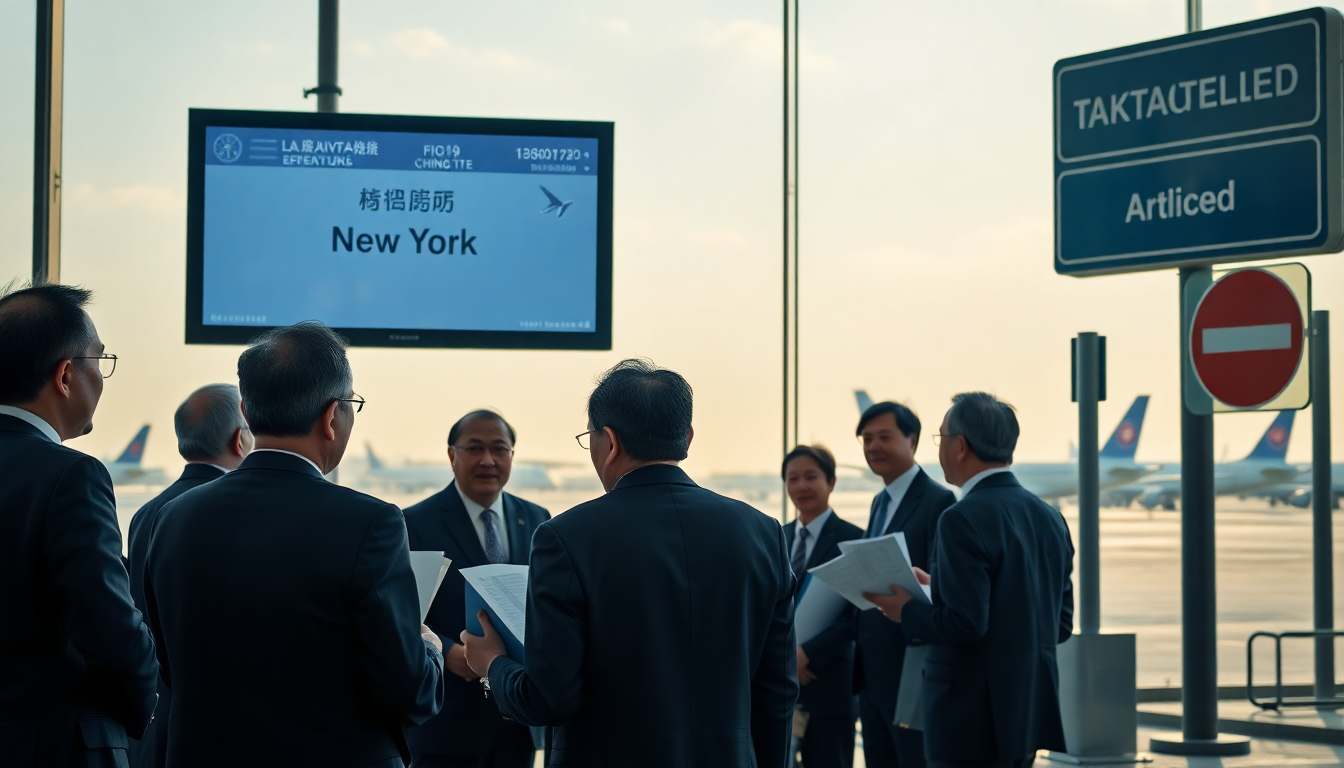Table of Contents
The political landscape in Taiwan is anything but simple, especially when it comes to international relations. Have you heard about the recent news surrounding Taiwanese Vice President Lai Ching-te? His plan to make a stop in New York on his way to South America was turned down by Washington. This isn’t just a minor hiccup; it highlights the delicate balance of US-Taiwan relations and how international politics can influence the travels of regional leaders. As Lai navigates these challenges, the implications for Taiwan’s domestic politics and foreign diplomacy get increasingly intricate.
Recent Developments in Lai’s Travel Plans
According to sources in the know, Washington has made it clear that a New York stopover just isn’t in the cards for Lai. This decision comes as he prepares to visit Paraguay, Guatemala, and Belize. The US may be trying to avoid further aggravating Beijing, which tends to view visits by Taiwanese officials as a provocation. Adding another layer, Taiwan’s Presidential Office has mentioned that the choice to not pursue international travel right now is also tied to ongoing recovery efforts in southern Taiwan after a recent typhoon, not to mention the economic pressures from US tariffs.
Earlier this month, there was buzz about possible stops in the US, specifically New York and Texas, which could have heightened tensions with China. But as political dynamics continue to evolve, it seems the feasibility of such visits is becoming more questionable. This situation is part of a larger trend where diplomatic engagements involving Taiwan are under greater scrutiny, affecting international relations on multiple fronts.
Implications for Taiwan’s Political Landscape
The hurdles surrounding Lai’s travel plans are a reflection of the broader challenges facing his Democratic Progressive Party (DPP). Recently, the DPP faced a setback when it couldn’t unseat 24 lawmakers from the opposition Kuomintang in recall votes. This raises significant questions about the DPP’s political influence and its ability to effectively tackle both domestic and international issues.
Moreover, there’s an increasing urgency in Taiwan to form strategic alliances and gain international support. As Lai’s administration works through these challenges, how the DPP approaches foreign policy and diplomatic relations will be crucial. Their ability to assert a strong position against opposition while navigating complex geopolitical realities could greatly impact their future.
Conclusion: Navigating Complex Political Terrain
The situation surrounding Lai’s travel plans encapsulates the larger geopolitical tensions that Taiwan is currently facing. As the Vice President works to strengthen international ties and engage with other nations, the constraints of global politics become glaringly apparent. With domestic political challenges and international pressures from larger powers looming, Taiwan’s leaders must tread carefully in their strategies moving forward. Ultimately, how Lai and the DPP adapt to these shifting circumstances will play a pivotal role in shaping Taiwan’s future on the global stage.


